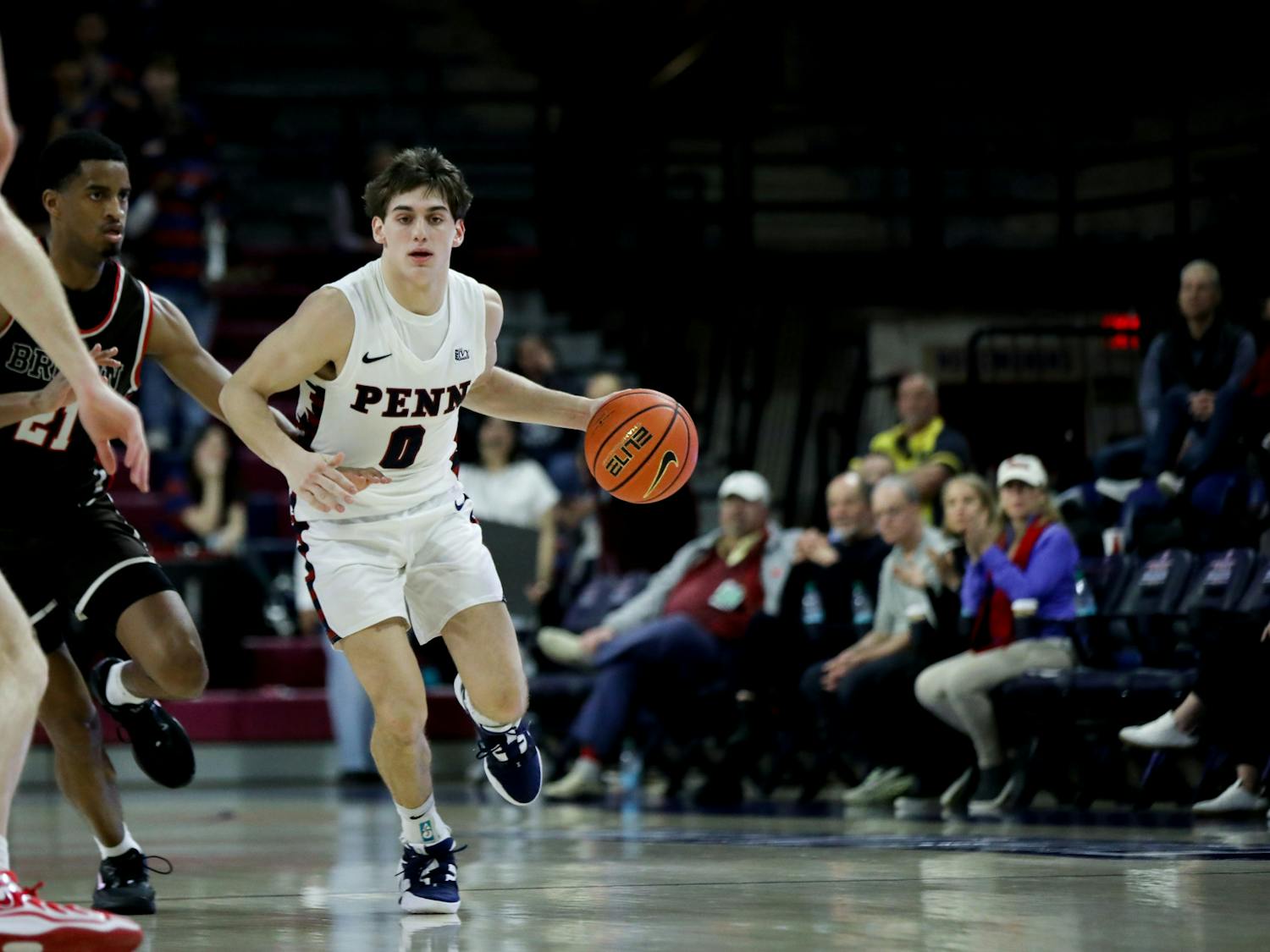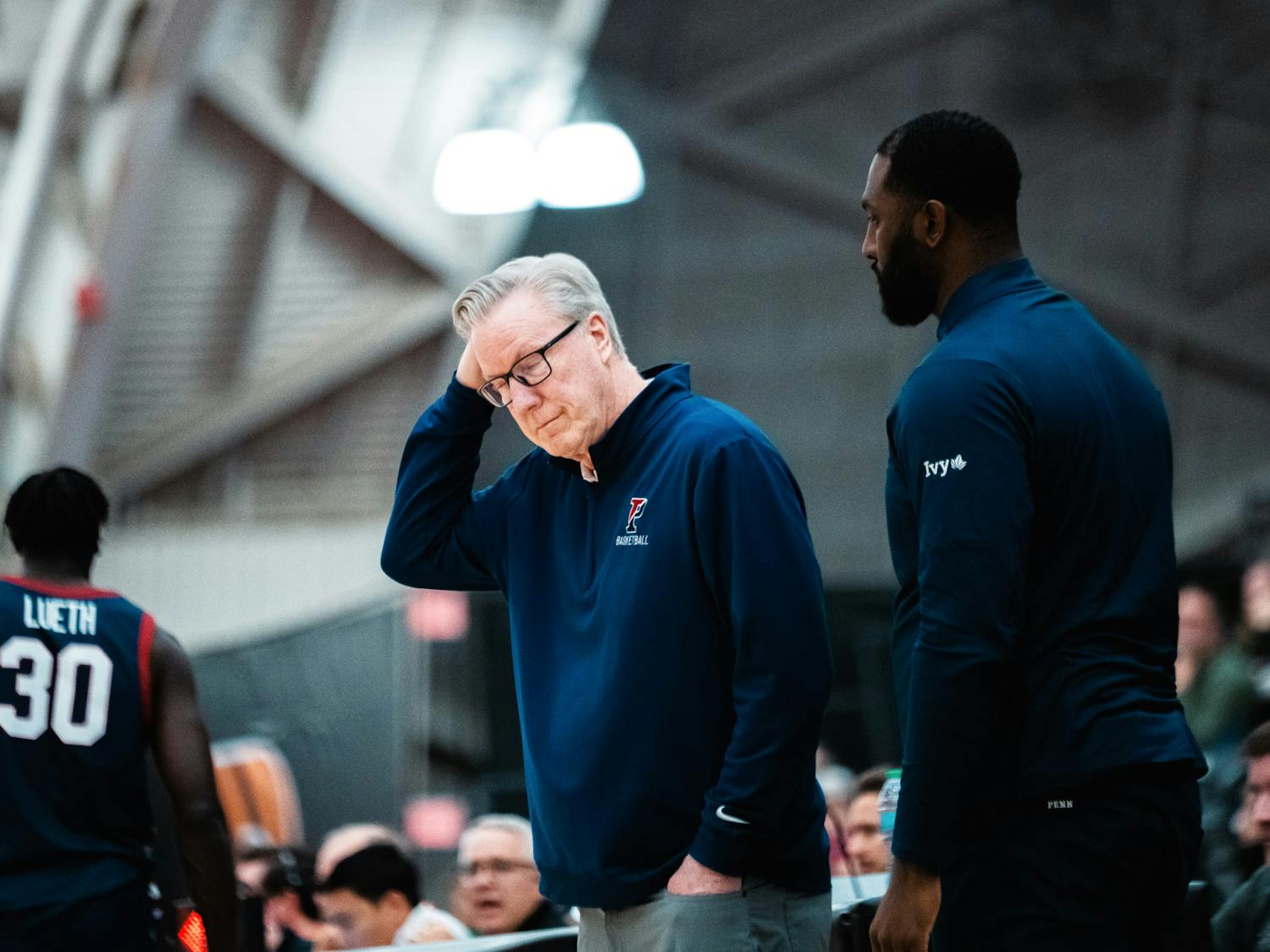On June 17, the eight Ivy Presidents convened to discuss the status of athletics in the Ivy League.
Last year, they did the same thing, as administrators attempted to ensure that athletes aren't getting any special treatment. After all, this is the Ivy League and the students at these eight schools are supposed to be the best and the brightest.
And so, the Ivy Presidents have come up with a new, two-pronged plan. In terms of admissions, the minimum qualifications are going to be increased and the number of athletes each school can recruit will be limited. Each athlete, no matter the sport, will be "required to meet a standard based on the average academic qualifications of all students at that school," according to a statement issued by the Council of Ivy Group Presidents.
The only exception now is football, which has limitations and expectations of its own -- rules set forth at last June's meeting. Two sports that previously retained their own rules -- basketball and ice hockey -- will now have to meet the same requirements as the Ivy League's other varsity sports.
The Ivy League itself -- the students, the administrators, the professors -- are divided on this issue.
Some argue that institutions like Harvard, Princeton, Yale and Penn, should never have given any students preferential treatment for exceptional athletic ability. They are outraged that jocks should be on the fast track to the Ivy League just because they can kick, shoot or tackle with the best.
On the flip side, proponents of athletics argue that these universities have been established to make responsible adults out of their students.
Part of an education is athletics, just as athletics are a steadfast component of life. Basketball games are bonding experiences, especially for the undergraduate population. Successful athletic squads give a school something to be proud of, to rally around and incidentally rarely hurt fundraising. Finally, there is something to be said for well-rounded students that are not only intelligent, but physically fit and emotionally sound, as well as good leaders. There is plenty that can be learned on a playing field that cannot be taught in a classroom.
Regardless of your personal take on the issue, two things should be clear. Nothing will change and debate will continue.
Very little will change in the admissions process. What the Ivy League presidents are doing now is essentially for their posterity, since regardless of rule changes, admissions will still favor athletes. By the same token, admissions will still favor legacies, applicants from "token states" and valedictorians. This process makes an Ivy League student body what it is.
Secondly, this debate is not going to end with these rule changes. There is increasing polarity within the Ivy League between those few schools that profit from athletics -- namely Penn, Princeton and Harvard -- and those who don't.
For the Quakers, and the Tigers, and even the Crimson, their athletic programs thrust them into the national spotlight -- at least during March Madness. Those minutes on national TV attract prospective students and entice rich alumni to give.
But for schools like Dartmouth, athletics are only a losing endeavor both on the playing field and in terms of budget.
This discrepancy -- between schools that appreciate their athletics programs and those that just do it because they have to -- will be problematic for the Ancient Eight in the years to come.
The question is, can the Ivy League function as both an athletic and an academic consortium? Right now, I wouldn't bet on it.








